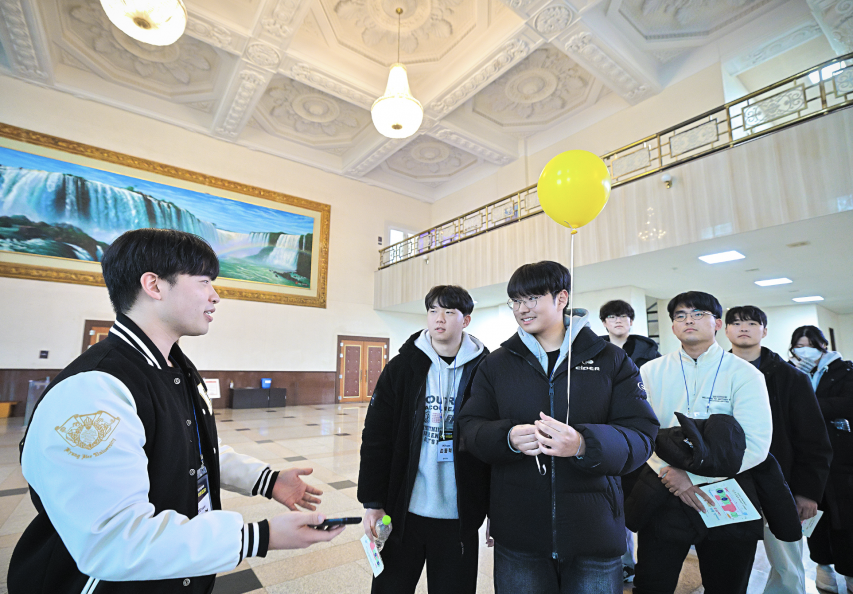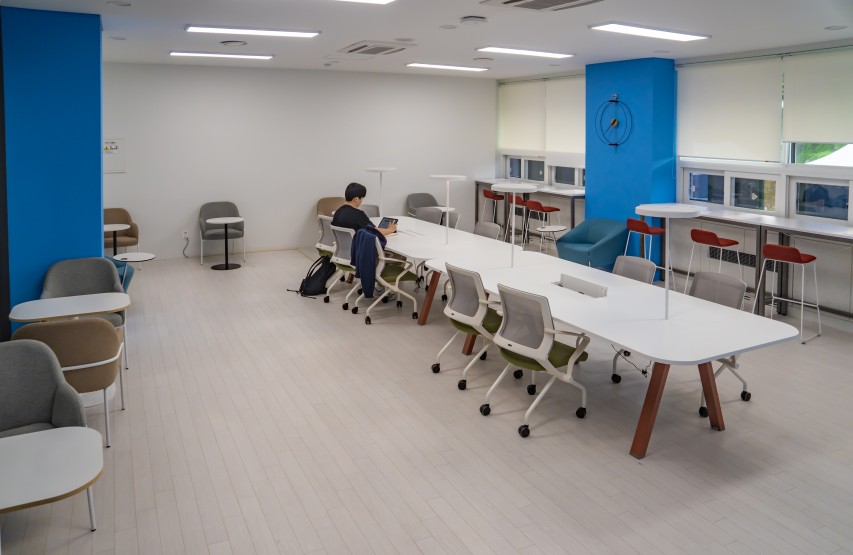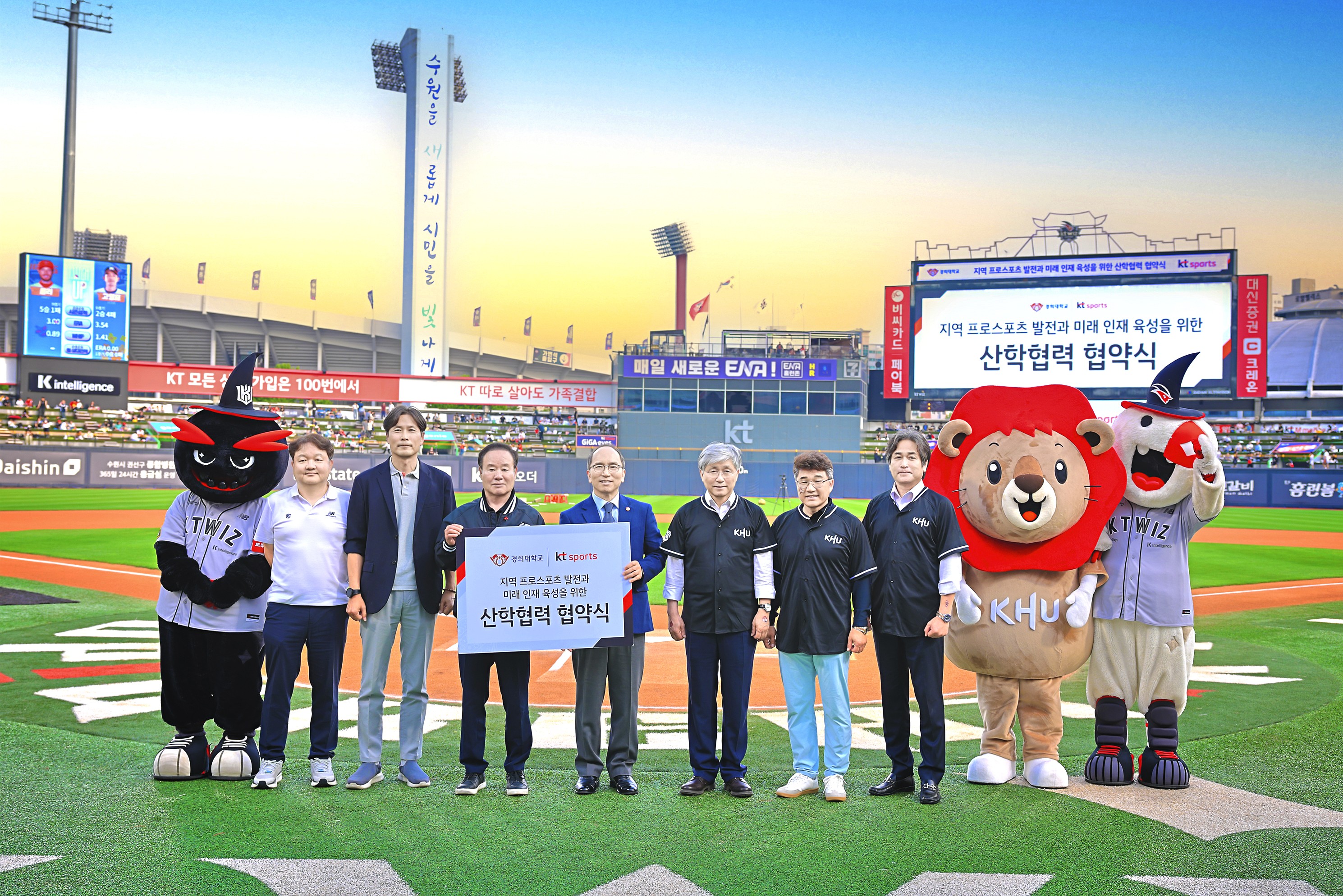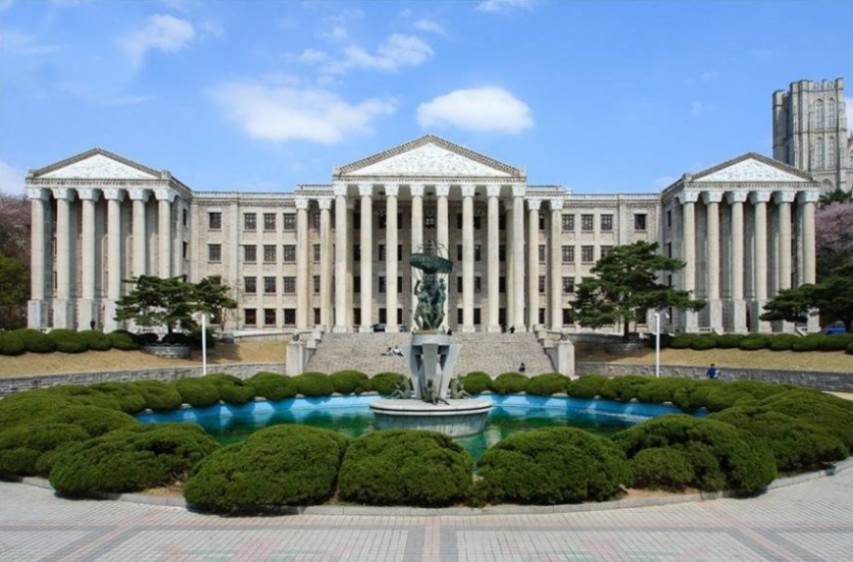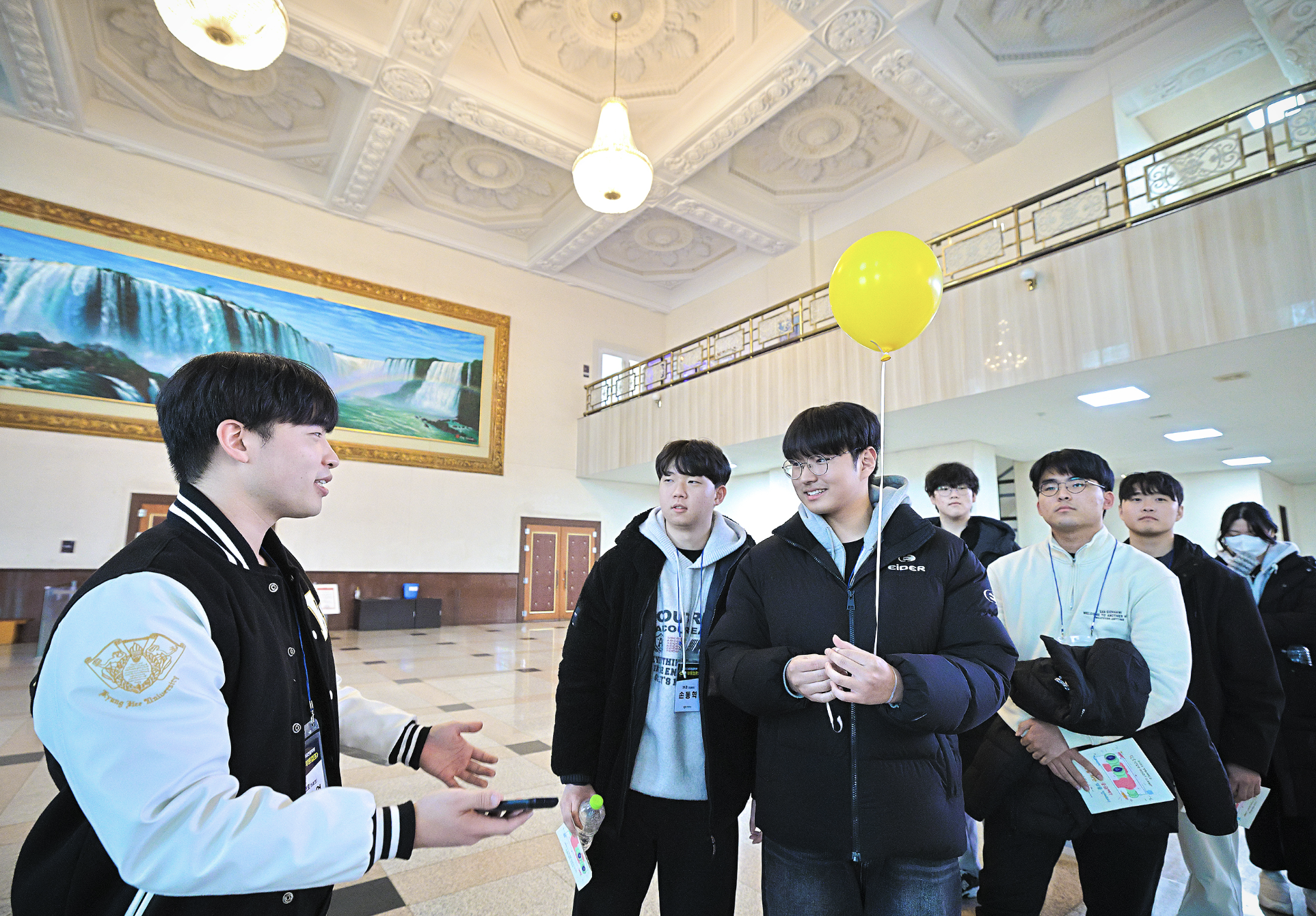[Campus] SLS Mentoring Program, Still Shaky as a New Initiative
The divide between the School of Lieral Studies (SLS) mentoring program participants and the administration is widening. While the initiative was launched to help students explore majors and adjust to university life, mentors say they face challenges related to space limitations, financial burdens, and poor communication. So far, the administration’s response has left the unsupported feeling to the mentors.
The SLS students are participating in a major exploration program
Photo: KHU SLS (sls.khu.ac.kr)
The SLS Mentoring Program
SLS is a new major established in 2025 at Global Campus. Students are admitted without a declared major and are expected to choose their major after a one-year exploration period. After completing the exploration period, the 240 students enrolled in this program are free to take courses across disciplines and declare any major at the Global Campus, with the exception of Postmodern Music.
To provide better insight into the majors, the SLS launched a mentoring program. Last December, they recruited sophomore-level or higher students from various majors as mentors. According to the program’s promotional materials, the mentors would help SLS students explore majors, navigate university life, and receive guidance on studies and careers. In return, the mentors were promised compensation, volunteer hours, and a certificate of participation.
No Space, No Budget: Mentoring Under Pressure
The SLS department stipulates that mentors have to follow certain forms and complete a required number of mentoring sessions. According to mentoring guidelines, each mentor manages five mentees per semester and must provide them with mentoring sessions at least twice per month. The office requires mentors to conduct mentoring sessions twice a month—both group sessions (1:5) and individual meetings (1:1), respectively. If mentees prefer, mentors can conduct group meetings instead of individual ones.
However, space for these meetings is hard to find. The administrative office prohibits mentoring activities in department student council rooms and student club rooms while offering no alternative venues. Regarding this issue, Lee Ye-seung, a current mentor from the Dept. of Mechanical Engineering, said, “As a result, mentors are forced to conduct sessions off campus, often in cafés.”
This situation has created a financial burden for the mentors. Park Seong-su, a current mentor from the Dept. of Industrial and Management Systems Engineering, explained, “Usually, seniors cover the expenses since it would be awkward to ask freshmen to pay. Additionally, when mentoring sessions overlap with mealtimes, we feel obligated to treat our mentees to a meal. These expenses add up with each session.”
By contrast, the Seoul Campus offers better financial support. The School of Global Eminence (SGE), Seoul Campus’s undeclared major, operates a comparable mentoring program. While the SLS provides only 500,000 won of scholarship for the mentor, the SGE offers both a 500,000 won scholarship and 300,000 won in activity expenses. Therefore, SGE mentors experience less financial burden when conducting their mentor ing activities.
Volunteer Hours in Jeopardy
In addition, the issue of volunteer hours has created confusion among mentors. The SLS office initially informed mentors that they would receive 32 hours of volunteering time, which meets the requirement to earn one credit in the Service-learning course. However, the office later revised this announcement, stating, “Volunteer hours will only be granted to those who participate in the Major Exhibition in May. Those unable to fully participate in the exhibition will only be credited for the actual time spent at the event.”
Lee stated that this means mentors need to find other ways to fulfill the 32 hours of volunteer time. He said, “The exhibition runs for three days, eight hours each day. Therefore, mentors cannot fulfill the entire requirement for the Service-learning course.”
Kim Yu-jin, a current mentor from the Dept. of Astronomy & Space Science, expressed her frustration with the timing of the announcement. “The office told us that if we thought we might not be able to meet the volunteer hours, we should withdraw from the course. But the problem was that they informed us when the course withdrawal period had already ended.”
Communication Breakdown Leading to Low Morale
In response to these issues, the office maintain that such problems are inevitable. When Park raised the space issue, the office suggested conducting sessions at the Multimedia Education Building Lounge. However, Park expressed his dissatisfaction with the response, tating: “The lounge is crowded most of the time and limited in size. It is not suitable for mentoring.”
The Multimedia Education Building Lounge
Regarding the financial issues, the office confirmed that the issues were unavoidable. “The support provided by the Seoul Campus mentoring program differs in scale because it includes additional courses compared to the Global Campus program, and aligning the level of support between the two was difficult since they were planned at different times.” They added, “We will continue to explore better management solutions.”
As for the revised volunteer hours, the office explained they are following their original plan. “We initially planned to provide volunteer hours for contributions to the Major Exhibition. This is why we advised mentors to withdraw from the course if they could not fulfill the requirement.”
The office’s stance appears to be the main reason for the mentors’ disappointment. Park said, “The office only provides solutions that do not risk them. Their answers basically amount to: if you are uncomfortable, leave. That makes us feel like our suggestions do not matter.” Lee also added, “I feel like the office exploits us under the name of passion.”
This situation needs to be resolved promptly to ensure that SLS students have meaningful opportunities to explore potential majors. Park explained the overall atmosphere among mentors regarding the office’s stance: “Some mentors are quitting the program due to the office’s response. I am not satisfied with the program, but I stayed with the program for the sake of the mentees, as this affects their future major decisions.”
Lee further shared how mentors feel about the program: “We are remaining in the program because of our mentees and each other—not because we believe in the program itself.”
As a newly established department, the SLS faces serious issues in its mentoring program. If the mentoring program is to fulfill its mission of helping students explore majors and succeed in university, the administrative office needs to provide more than apologies and vague solutions regarding the issues. Without real support, the program risks losing not just mentors—but trust.
There are no registered comments.
- 1
- 2
- 3
- 4
- 5
I agree to the collection of personal information.


